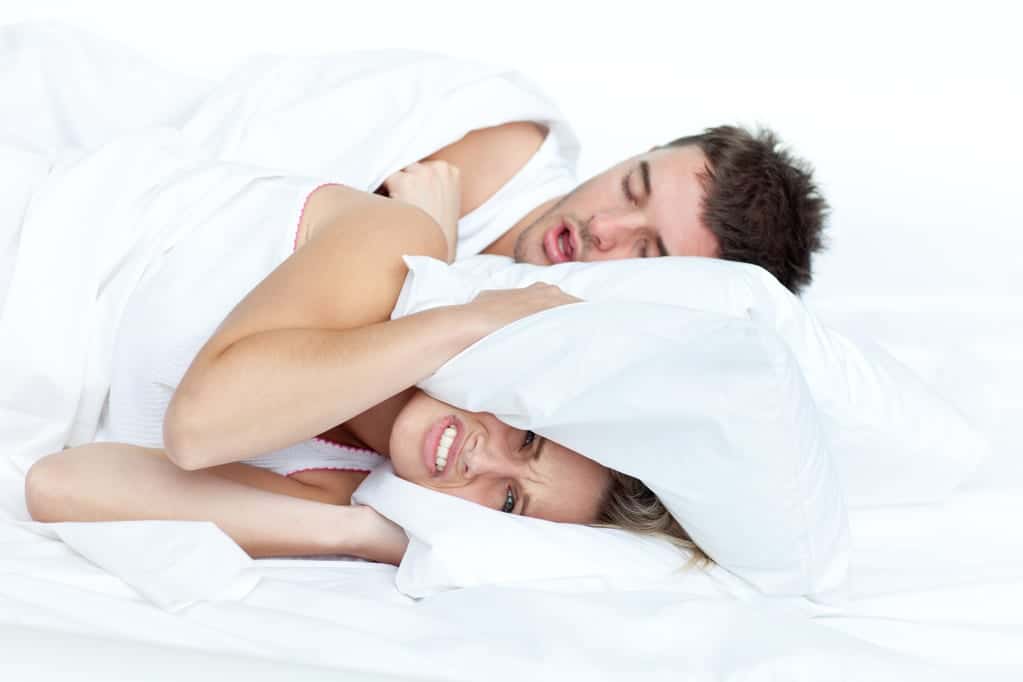DO YOU HAVE SLEEP APNEA?
Did you know that between 1/3 and 1/2 of all adult Americans currently snore or have at some point? However, snoring – even chronically – is not necessarily indicative of sleep apnea. In fact, only 1/5 of adults have some form of sleep apnea, which can be a life-threatening condition.
The difference between benign snoring and sleep apnea is that apnea patients experience cessations in their breathing patterns and may suddenly gasp for air or choke in their sleep. This can lead to severe drowsiness and fatigue during the day, as well as depression, memory loss, and decreased libido.

Signs and Symptoms of Sleep Apnea
- Snoring loudly
- Cessation in breathing, typically first noticed by someone witnessing you sleep
- Suddenly waking up, short of breath
- Problems staying asleep
- Excessive sleepiness during the day
- Issues with Attention/Lack of Focus
- Irritability
- Grinding and Clenching of Teeth at Night (Bruxism)
Treating Sleep Apnea
Treatment for sleep apnea will depend on the severity of the condition and whether patients are experiencing apnea or simple snoring. Some of the most common treatments include:
- Behavior modifications
- Oral sleep appliances
- Continuous Positive Airway Pressure Devices
- Some cases may require surgery
Changing Your Habits Can Also Be Effective
Did you know that you can reduce your chances of snoring or developing apnea by changing a few simple habits? Here are a few things you can do:
- Lose Weight: Even losing 10 pounds can help open up the airways and reduce apnea symptoms.
- Change your sleep position
- Avoid tobacco products
- Maintain regular sleep habits
Frequently Asked Questions
Do I need treatment for sleep apnea and snoring?
What should I expect during treatment for sleep apnea or snoring?
MAKE AN APPOINTMENT
If you suspect that you or your loved one may have sleep apnea, do not delay. Contact Laraway Family Dentistry to make an appointment for a professional evaluation and diagnosis.

